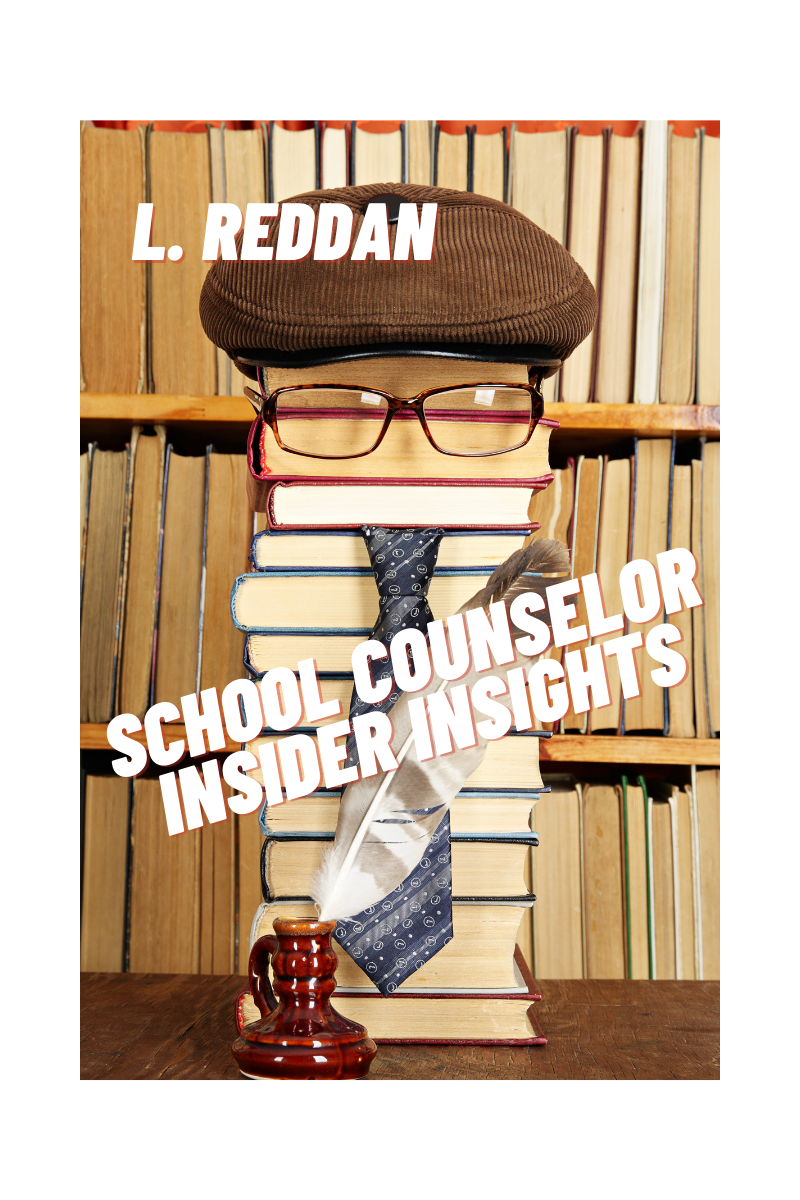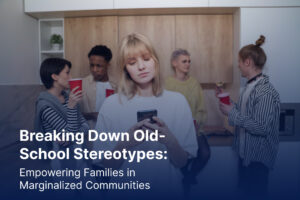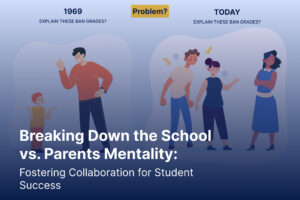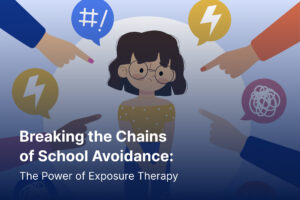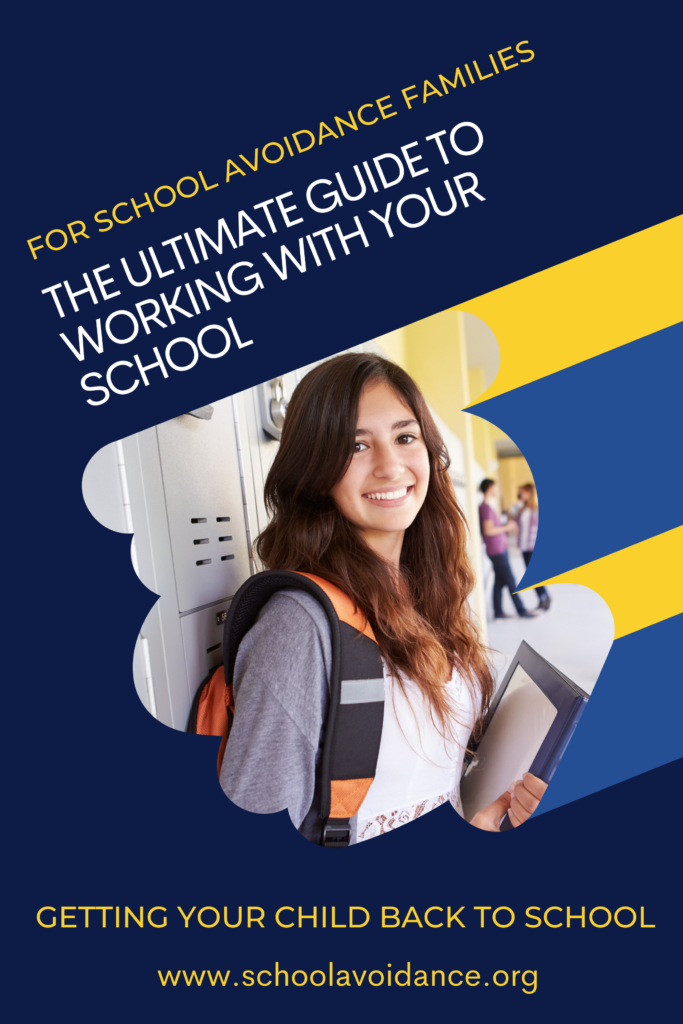I keep hearing the same narrative from experts about the serious, long-term consequences of kids being out of school. I understand the hardships for families who rely on school for nutritional needs or special learning needs, but
Was being out of school all bad for everyone?
I spoke to some students who didn’t think so and dare I say, thrived during virtual or hybrid school.
Here is some of what they told me:
Academic pressure was lessened by the nature of online learning.
Teachers had to pivot and change assessment practices entirely.
Traditional tests disappeared and were replaced by open book assessments and group projects.
Students began to work more collaboratively with their peers and
group chats were established for nearly every classroom.
Students were no longer competing with each other but working together to help lighten the load.
New friendships formed in otherwise established social groups.
Social pressure to be invited and included to hang out with a certain group of friends on the weekends all but vanished.
Students in school for partial days didn’t have to worry about social dynamics or being left out because there wasn’t any unstructured social time.
Being whispered or talked about? Impossible from behind a mask.
And, agency. This is a big one.
For the first time, maybe ever, students had agency over how to spend their weekday, daytime hours.
I heard stories of writing, painting, photography, and just about every creative pursuit imaginable. These students felt happier and more fulfilled engaging in their passion projects.
Students had vast amounts of time to just be. That’s it.
No one was pushing or pulling them in multiple directions at once in the name of productivity.
All of us loosened our grip on the productivity monster and permitted a little less doing and a little more being. Students gained valuable insights into their inner world while some of us fretted over their seeming lack of productivity.
Before we snap back to “normal” I can’t help but wonder if we should.
Or, if we should, without considering the perspective of students who had a more positive experience during a nontraditional year.
All of us were school avoidant this past year and I don’t think it was all bad.

